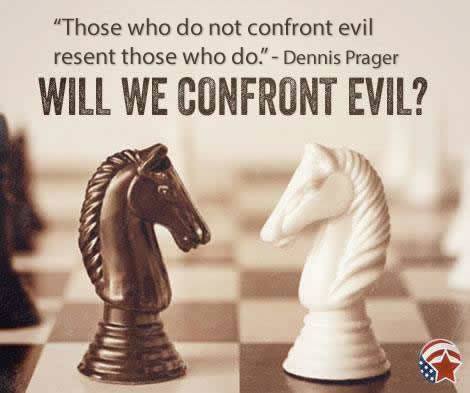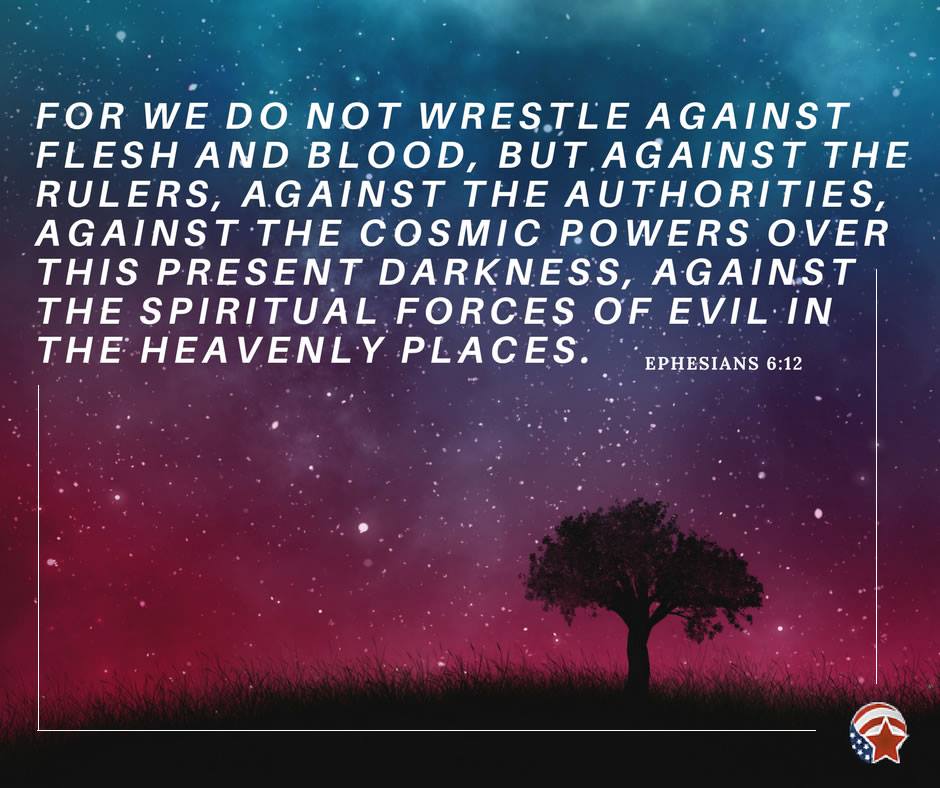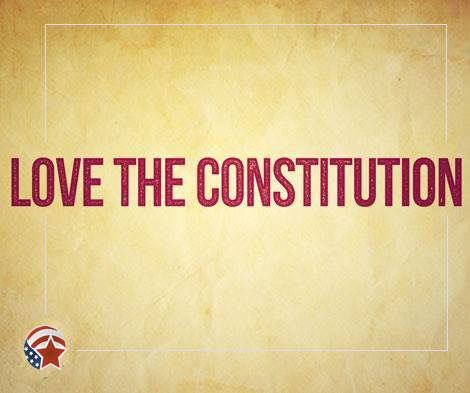“At some point the American people should question whether the Court overstepped its constitutional authority. The debate should focus on whether the Supreme Court has unlimited authority to say and do what it pleases. In the past we have seen how the Court sidestepped the Constitution and abandoned reason. When the Court is unable to recognize the obvious—that marriage is between one man and one woman—I believe many Americans will agree that the Court has ventured into the realm of illegitimacy. At what point does the High Court abandon its role as an objective arbiter of the law and become a tyrannous oligarchy? Everyone should agree that there is some point where this line from legitimate to illegitimate can be crossed. Has that line been crossed?” – Mat Staver, Attorney and Founder of Liberty Counsel
Washington, DC—The 5-4 opinion by the Supreme Court on the federal Defense of Marriage Act (DOMA) raises questions about the Court’s authority. The debate should focus on the role of the Supreme Court within the Republic and its duty to interpret the Constitution. The debate should not be over marriage.
The Supreme Court has issued flawed decisions in the past, such as Dred Scott v. Sandford, 60 U.S. 393 (1857), where Chief Justice Roger Taney wrote that blacks were “regarded as beings of inferior order, and altogether unfit to associate with the white race, either in social or political relations; and so far inferior, that they had no rights that the white man was bound to respect; and that the negro might justly and lawfully be reduced to slavery for his own benefit.” In Buck v. Bell, 274 U.S. 200 (1927), Justice Oliver Wendell Holmes, described Carrie Buck as an “imbecile,” the “probable potential parent of socially inadequate offspring, likewise afflicted,” and he went on to say that “her welfare and that of society will be promoted by her sterilization.” He then wrote: “Three generations of imbeciles are enough.”
Justice O’Connor in Planned Parenthood of Southeastern Penn. v. Casey, 505 U.S. 833, 864-869 (1992), candidly acknowledged that “the Court’s legitimacy depends on making legally principled decisions under circumstances in which their principled character is sufficiently plausible to be accepted by the Nation.” The Court’s authority, she wrote, rests solely upon the peoples’ perception that its decisions are legitimate. If the people lost confidence in the Court, the Court would lose its authority.
In the DOMA case, the five-member majority ignored long-accepted Equal Protection law. The decision is neither grounded in the constitutional text nor in prior precedent. It is contrary to the Western legal tradition, natural law, and the created order. Marriage was not invented by religion or civil authorities and predates both.
In rendering its decision, Justice Kennedy had the audacity to hurl names at the 1996 Congress and President Clinton for passing the DOMA law that affirms marriage as one man and one woman. By extension, the Court labeled every American who affirms the obvious about marriage as hateful and enemies to humanity. As Justice Scalia poignantly illustrated in his dissent, Justice Kennedy described the supporters of DOMA as “a wild-eyed lynch mob” motivated entirely by “animus” with the purpose to “disparage,” “injure,” and “demean” homosexuals, to “impose inequality,” to “impose a stigma” on homosexuals, to “deny people equal dignity,” to brand homosexuals as “unworthy,” and to “humiliate” children. Indeed, Justice Scalia points out that Justice Kennedy labeled supporters of DOMA as nothing more than “enemies of the human race.”
“How dare the Court use such reckless language and label good and decent citizens as hateful,” said Mat Staver, Founder and Chairman of Liberty Counsel…
Read full press release here: http://www.lc.org/index.cfm?PID=14100&PRID=1345

















